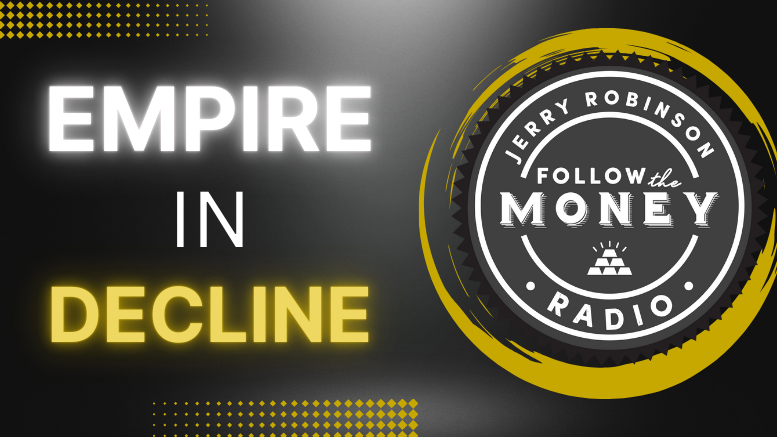The Guardian-UK
America clocked up a record last week. The latest drop in house prices meant that the cost of real estate has fallen by 33% since the peak – even bigger than the 31% slide seen when John Steinbeck was writing The Grapes of Wrath.
Unemployment has not returned to Great Depression levels but at 9.1% of the workforce it is still at levels that will have nerves jangling in the White House. The last president to be re-elected with unemployment above 7.2% was Franklin Delano Roosevelt.
The US is a country with serious problems. Getting on for one in six depend on government food stamps to ensure they have enough to eat. The budget, which was in surplus little more than a decade ago, now has a deficit of Greek-style proportions. There is policy paralysis in Washington.
The assumption is that the problems can be easily solved because the US is the biggest economy on the planet, the only country with global military reach, the lucky possessor of the world’s reserve currency, and a nation with a proud record of re-inventing itself once in every generation or so.
All this is true and more. US universities are superb, attracting the best brains from around the world. It is a country that pushes the frontiers of technology. So, it may be that the US is about to emerge stronger than ever from the long nightmare of the sub-prime mortgage crisis. The strong financial position of American companies could unleash a wave of new investment over the next couple of years.
Let me put an alternative hypothesis. America in 2011 is Rome in 200AD or Britain on the eve of the first world war: an empire at the zenith of its power but with cracks beginning to show.
The experience of both Rome and Britain suggests that it is hard to stop the rot once it has set in, so here are the a few of the warning signs of trouble ahead: military overstretch, a widening gulf between rich and poor, a hollowed-out economy, citizens using debt to live beyond their means, and once-effective policies no longer working. The high levels of violent crime, epidemic of obesity, addiction to pornography and excessive use of energy may be telling us something: the US is in an advanced state of cultural decadence.
Empires decline for many different reasons but certain factors recur. There is an initial reluctance to admit that there is much to fret about, and there is the arrival of a challenger (or several challengers) to the settled international order. In Spain’s case, the rival was Britain. In Britain’s case, it was America. In America’s case, the threat comes from China.
Britain’s decline was extremely rapid after 1914. By 1945, the UK was a bit player in the bipolar world dominated by the US and the Soviet Union, and sterling – the heart of the 19th-century gold standard – was rapidly losing its lustre as a reserve currency. There had been concerns, voiced as far back as the 1851 Great Exhibition, that the hungrier, more efficient producers in Germany and the US threatened Britain’s industrial hegemony. But no serious policy action was taken. In the second half of the 19th century there was a subtle shift in the economy, from the north of England to the south, from manufacturing to finance, from making things to living off investment income. By 1914, the writing was on the wall.
In two important respects, the US today differs from Britain a century ago. It is much bigger, which means that it benefits from continent-wide economies of scale, and it has a presence in the industries that will be strategically important in the first half of the 21st century. Britain in 1914 was over-reliant on coal and shipbuilding, industries that struggled between the world wars, and had failed to grasp early enough the importance of emerging new technologies.
Even so, there are parallels. There has been a long-term shift of emphasis in the US economy away from manufacturing and towards finance. There is a growing challenge from producers in other parts of the world.
READ ENTIRE ARTICLE






